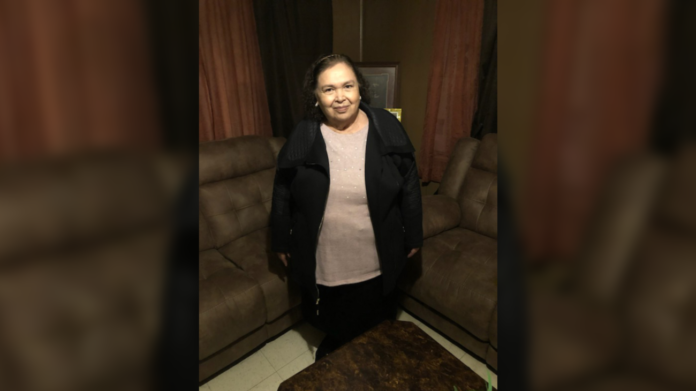
BY FRANCISCO GUAJARDO
When Eustolia Villarreal died on July 14, 2020, her son Joe, who bore close witness to his mother’s life, reflected on the complexity of his mother’s life — and death.
“They called my mother Tola, or Tolita, and she was the most amazing person,” he said.
Even though Tola did not attain formal schooling while growing up in the rural village of Nueva Apolonia, on the southern edge of Tamaulipas, Mexico, Joe described her as one of the smartest people he’s ever known.
“When we were kids,” Joe said. “My mother saw that we struggled with Spanish, especially when as migrants we bounced around from school to school. We just couldn’t speak Spanish and got into trouble with that, so my mom put us in school in Reynosa.”
Joe argues that was a brilliant parenting move that set him up for life.
“Because I went to school in Reynosa, and then graduated high school in Hidalgo, I learned both languages well, picked up other good skills, and I’ve done well in life,” Joe said. “I thank my mother for being smart enough to do that.”
Eustolia married Pascual Villarreal, who was born in Somersville, Texas, in 1937 and raised in Linares, Nuevo Leon. Together, they raised a family that would be immersed in the migrant farmworker stream.
“We grew up in the fields of California and West Texas, and my mother was a part of all that,” Joe recalled. She kept the family together and was a very hard worker.
Tola lived a life of commitment, particularly to her children, and to her God. Born on July 20, 1938, she spent her life searching for her true spiritual calling. Joe said that the family may have disagreed on issues of religion, but his mother Tola “always showed commitment to her faith, and that was an admirable quality.”
During the pandemic, Joe and the family attempted to shelter Tola from COVID-19, but she unfortunately succumbed to the virus. Joe’s older sister Amelia, who also bore close witness to her mother’s life, became infected too.
“Amelia and my mother both got the virus, and they were taken to McAllen Medical Center,” Joe said. “They were just a few rooms from each other. When my mother passed, we didn’t want to make things worse for Amelia, so we didn’t tell her. But when she figured it out, I had to tell her, and she just cried without us being there to console her.”

Such is the way of the pandemic of 2020.
“My mother’s funeral was the coldest funeral and the coldest experience I have ever had,” Joe said. “Only a few family members could go, we all wore masks, some wore gloves, and we couldn’t even hug. It’s not the way to say goodbye. Nobody deserves a cold experience like that.”
But Joe and Amelia know their mother lived a meaningful life. Tola worked hard, she was committed to the right things, and though the family could not bid an appropriate farewell, they find comfort in having been raised by a smart and loving woman.
Que en paz descanse Eustolia Villarreal. Rest in peace.
Francisco Guajardo, chief executive officer for the Museum of South Texas History at 200 N. Closner Blvd. in Edinburg, authored this story as part of an ongoing series entitled Bearing Witness. The museum’s effort aims to document some of the Rio Grande Valley lives lost to COVID-19. For more information about the museum, visit MOSTHistory.org.





